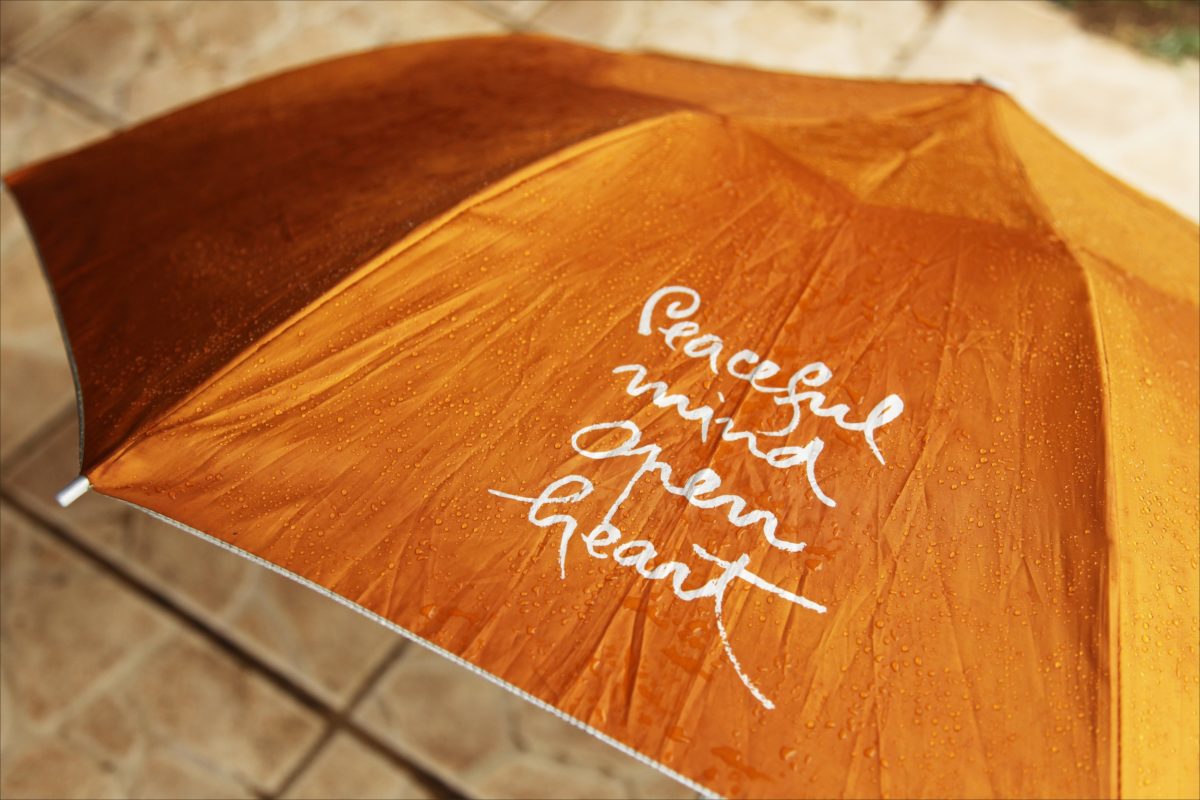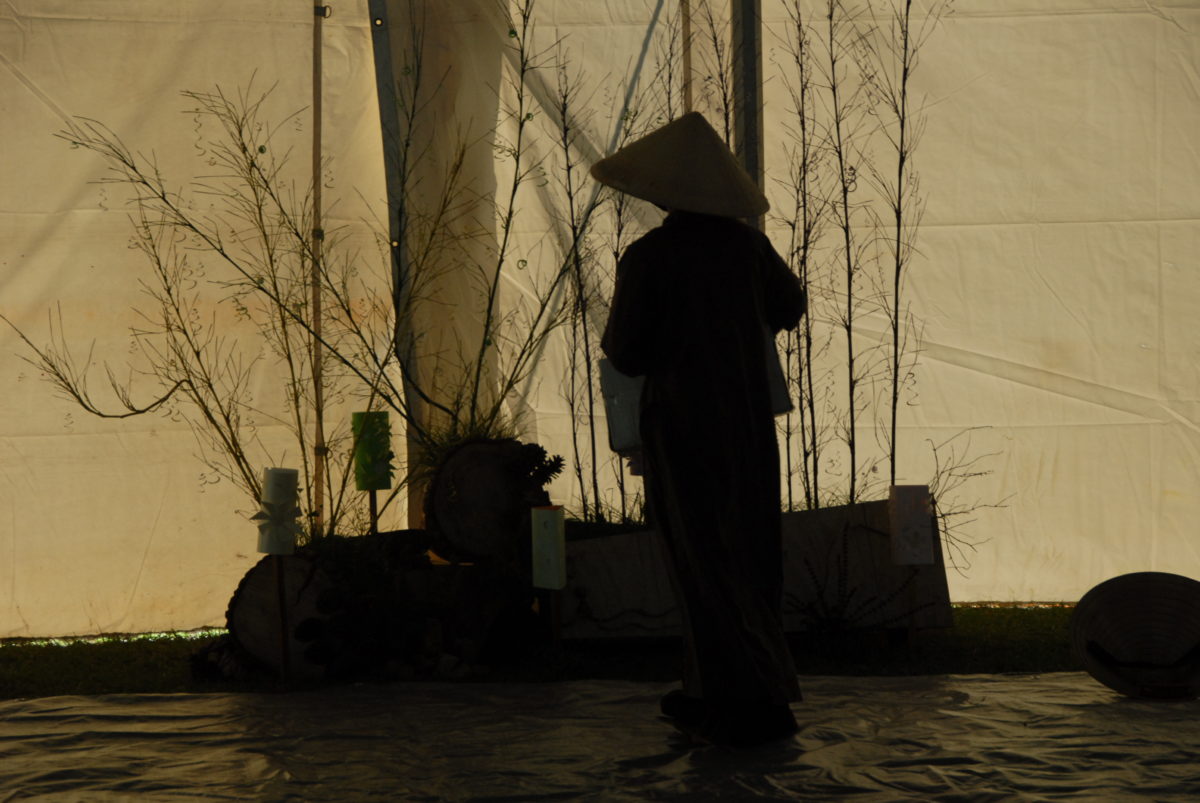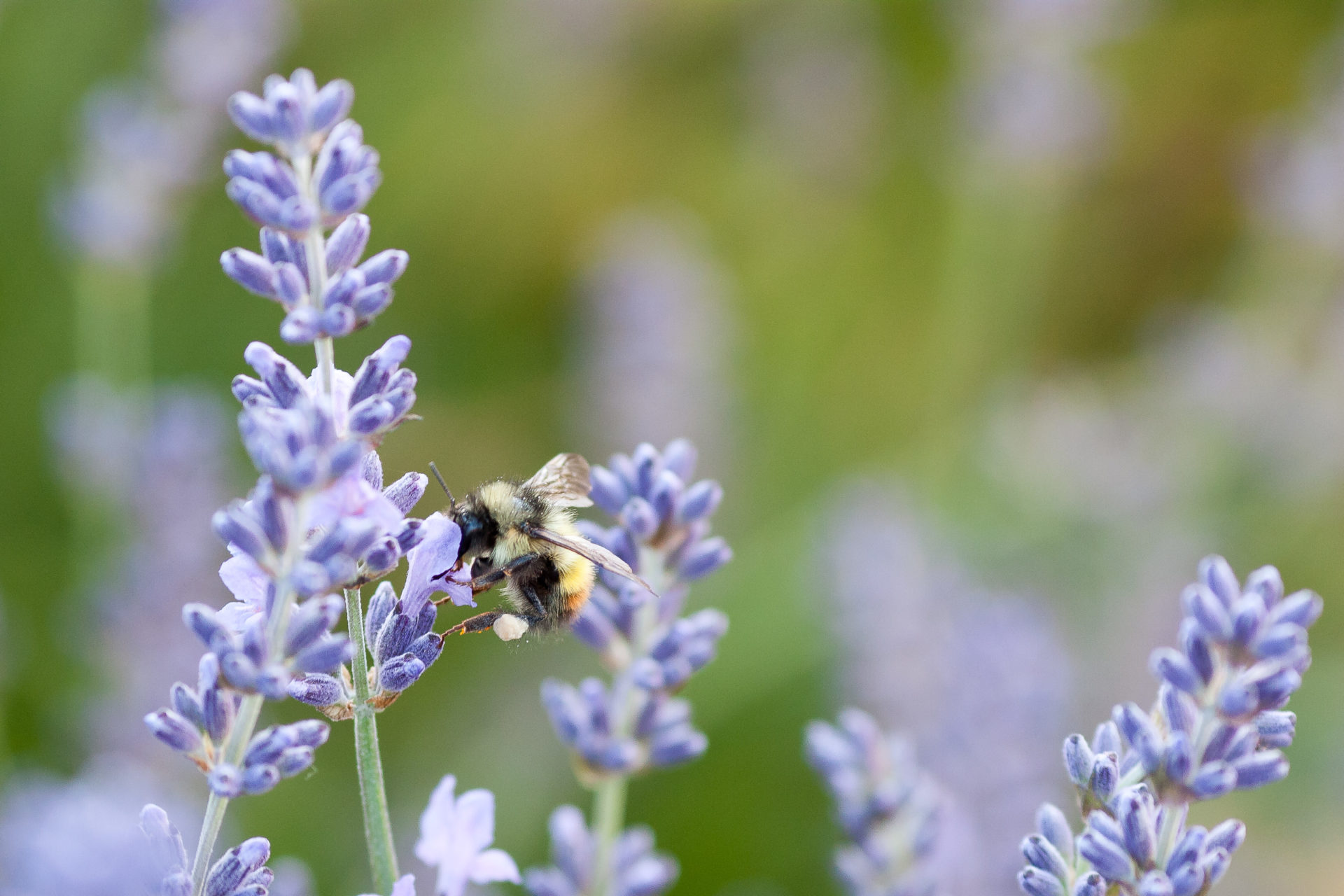Excerpted from Question and Answer Session with Thich Nhat Hanh

Deer Park Monastery
September 10, 2011
Question: Dear Thay and dear community, as a survivor of rape, how do I forgive my attackers?
Thich Nhat Hanh: The criminals, those who have made us suffer, also are victims. They were born and raised in an environment that was not loving enough to nurture them.
Excerpted from Question and Answer Session with Thich Nhat Hanh

Deer Park Monastery
September 10, 2011
Question: Dear Thay and dear community, as a survivor of rape, how do I forgive my attackers?
Thich Nhat Hanh: The criminals, those who have made us suffer, also are victims. They were born and raised in an environment that was not loving enough to nurture them. And they had difficulties, but no one, including their parents, could help them. So they are victims of their environment. If we had been born and raised in that same environment, we may have become like them. That’s why, when we look deeply, understanding comes and compassion arises in our hearts. We can forgive.
Many people in Vietnam escaped the Communist regime by boat, and many of them died during the trip crossing the sea to Thailand or to the Philippines. Many of their deaths were caused by sea pirates.
The sea pirates were often born into families of poor fishermen in the coastal areas of Thailand or the Philippines. They heard that when the boat people fled their country, they may have had their family valuables, like gold or jewelry, with them. So if the sea pirates could rob them of their valuables, they could escape the poor, desperate situation they and their families had been stuck in for so long.
Your grandfather was a poor fisherman. Your father also was a poor fisherman. And you are a poor fisherman, and you have no opportunity to get out of this situation. Your father and your grandfather couldn’t get good educations, so they had no opportunity to get jobs that would enable them to live easier lives. So if your mother did not know how to read and write, and your father was drunk every day, then it is very difficult for you to get an education and get out of this terrible cycle. It’s difficult for you to learn to have a loving heart. So when people tell you that if you go out one time and rob the refugees of their gold and their money, this will get you out of your desperate situation, you are tempted. In this way, the poor young fisherman becomes a sea pirate because of his ignorance, because of his background, because of his desperation.
I was in France when I heard stories about boat people. Many of us tried to go to refugee camps in Thailand and the Philippines to help. They encountered a lot of suffering.

Suppose you are on the refugee boat. Of course, you can protect yourself. You can shoot the sea pirate. Otherwise, the sea pirate will throw you into the ocean, rape your daughter, and take your valuables. Every time you hear that a boat person has been raped and killed by a sea pirate, you suffer, and you believe that if you had a gun and you were on a boat, you would be able to shoot that person. But if you shoot the sea pirate, he will die and you will not be able to help him. He’s a victim of his environment, and he did not have any education, any opportunity for a better life. So the sea pirate is also a victim.
If we meditate, we know that today there will be babies born on the coastline into these poor families. If educators, politicians, and others do not do anything to help these babies get better food and education, when they grow up they will become sea pirates. We can see that if we are born and raised in that way, we too may become sea pirates. That kind of meditation allows us to understand, to see that these criminals are also victims of their environment, and that allows the nectar of compassion to be born in our hearts, and we can forgive. Not only do we not want to kill them or punish them, but we are motivated by the desire to do something to help them. We can see that those who rape us are also victims. With that kind of understanding, we know that there are things we can do to help rapists and to prevent people from becoming rapists.
That is something parents, teachers, educators, and politicians have to meditate upon. We have to take the kind of action that will help change the situation and prevent these babies from becoming sea pirates and rapists.
Forgiveness is possible with understanding. You cannot forgive if you only have the desire, the intention to forgive. In order to truly forgive, you have to see the truth, to understand that that person is a victim. When you see that, compassion arises, and naturally you can forgive, and you feel lighter. And you don’t want to punish him anymore. You want him and his children to have a better environment in order not to continue like that, generation after generation.
So many of us in society are victims of violence, anger, fear, and discrimination. The only answer is compassion. Compassion arises from understanding. Understanding is the fruit of meditation, namely, the practice of looking deeply in order to understand why things become the way they are. When you respond with compassion, you suffer less, and you are able to help.

